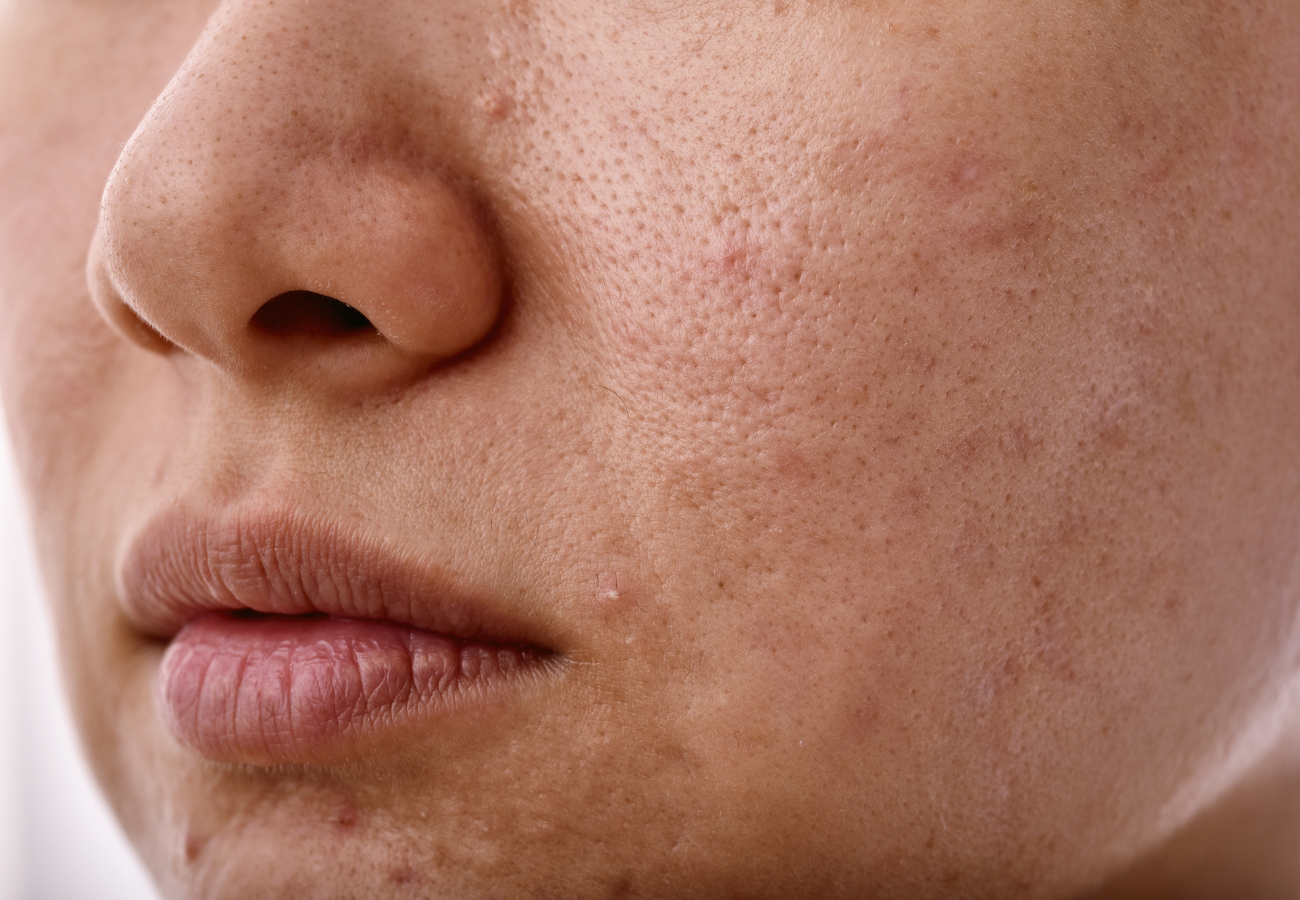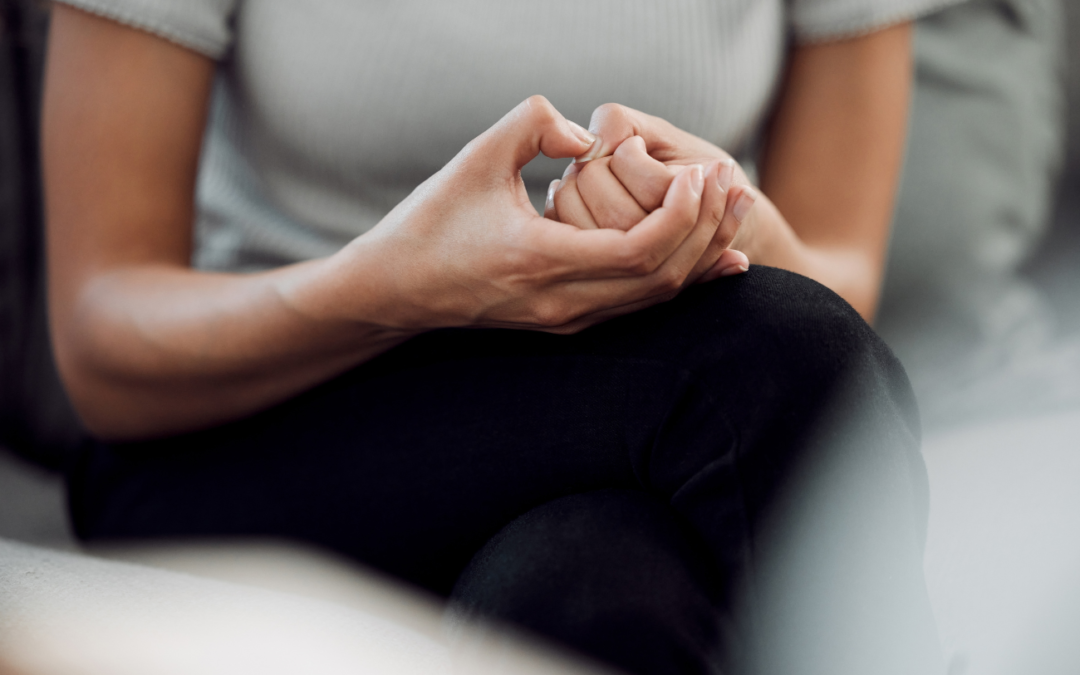Ever feel like life’s demands—money, work, family responsibilities—are pulling you in every direction? You’re not alone. A study by the American Psychological Association revealed that in 2023, 31% of adults aged 35-44 reported high stress levels, compared to 21% in 2019.
Stress is no joke, and your body can recover quickly when you have it in small doses. However, when stress becomes a long-term companion, it can have negative effects on your health.
“The long-term activation of the stress response system and the overexposure to cortisol and other stress hormones that come with it can disrupt almost all of your body’s processes,” according to the American Psychological Association.
Your physical and mental health can worsen causing problems like anxiety, depression, digestive issues, heart disease, weight gain, and more. But, prolonged stress can also affect your appearance.
From skin issues to changes in your hair, stress can take a visible toll. When you look your best, it’s easier to feel better, so let’s dive into 10 ways stress can affect your appearance and what you can do to combat these changes.
1. Acne Breakouts
When you’re stressed, your body produces more cortisol, a hormone that stimulates oil production in your skin. Excess oil can clog pores and lead to breakouts, even if you’ve never had acne before.
Tip: Keep a consistent skincare routine and look for products with salicylic acid or benzoyl peroxide to manage breakouts.
2. Dark Circles and Puffiness
Stress often disrupts sleep, leading to dark under-eye circles and puffiness. The lack of quality rest can cause blood vessels under the eyes to dilate, making discoloration more noticeable.
Tip: Use a cold compress in the morning and apply an eye cream with caffeine to reduce swelling.
3. Hair Thinning and Loss
High stress levels can push hair follicles into a resting phase, leading to increased shedding, a condition known as telogen effluvium. This type of hair loss is usually temporary but can be alarming.
Tip: Incorporate foods rich in biotin, zinc, and iron into your diet and consider gentle scalp massages to promote blood flow.
4. Premature Aging
Stress triggers the production of free radicals, which are unstable atoms that can damage cells in your body, this can damage skin cells and accelerate the formation of fine lines and wrinkles.
Tip: Use skincare products with antioxidants like vitamins C and E to neutralize free radicals.

5. Dull, Tired Skin
Chronic stress can reduce blood flow to the skin, depriving it of essential nutrients and oxygen. This can leave your complexion looking dull and tired.
Tip: Exfoliate once a week and use a hydrating serum to restore your skin’s glow.
6. Dry Skin
Stress can impair your skin’s natural barrier, making it harder for your skin to retain moisture. This can lead to dryness and flakiness.
Tip: Use a gentle moisturizer with ceramides to help repair your skin’s barrier.
7. Weakened Nails
Stress can lead to brittle nails that break easily, possibly due to changes in your eating habits or nutrient absorption during stressful periods.
Tip: Strengthen your nails with a biotin supplement and a nourishing cuticle oil.
8. Stress Eczema or Psoriasis Flare-Ups
If you have conditions like eczema or psoriasis, stress can make them worse, causing itchy, red patches on your skin.
Tip: Consult a dermatologist for targeted treatments and try stress management techniques like yoga or meditation.
9. Teeth Grinding and Jaw Tension
Stress can cause you to clench your jaw or grind your teeth, leading to facial pain, headaches, and even changes in the shape of your face over time.
Tip: Consider using a mouthguard at night and practice relaxation exercises to release tension.
10. Weight Fluctuations
Stress can lead to overeating or undereating, both of which can affect your physical appearance. Weight changes can also show up on your face, making it appear more drawn or puffy.
Tip: Aim for balanced meals and practice mindful eating to maintain a healthy weight.
While stress is a part of life, managing it can make a big difference in how it affects your appearance. Regular exercise, mindfulness techniques, and a balanced diet can help mitigate the effects of stress. Don’t forget to carve out time for self-care—whether it’s a skincare routine, a relaxing bath, or a favorite hobby.
Follow us on Instagram for more tips on health, beauty, wellness, and fitness. Let’s glow through the stress together!


